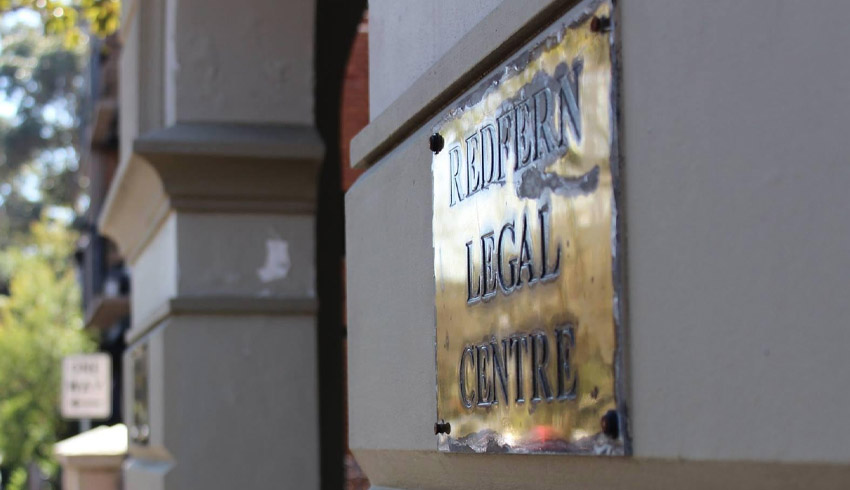NSW lawyers are calling for an immediate reform to police strip searching laws as it is revealed there has been an almost twentyfold increase in searches in the last 12 years.

Redfern Legal Centre (RLC) and UNSW Law academics Dr Michael Grewcock and Dr Vicki Sentas prepared “Rethinking Strip Searches by NSW Police” and found searches are not being used as they were intended by parliament to be “a last resort”.
Strip searches were used 277 times in the last 12 months to 30 November 2006, which was compared to the 5,483 in the 12 months to 30 June 2018. The report revealed all unlawful strip searches are widespread across Australia, with usually only 30 per cent of all searches resulting in a criminal charge and 16.5 per cent for drug supply.
Dr Sentas said the research revealed the strip searches were doing little to tackle any illegal drug use or drug supplying, however, 91 per cent of searches were recorded as police suspicion that a person possesses prohibited drugs. The research noted drug detention dogs may be propelling these unnecessary strip searches.
“Saturation policing with sniffer dogs at music festivals and railway stations or forcing teenagers to remove their clothes in backs of police vans doesn’t make the community safer,” Dr Sentas said. “We need a serious discussion about how to best reform the law so that police cannot abuse their powers.”
Dr Grewcock said the broadly defined thresholds in the law for what constitutes a legal search is a key reason for the increase in unnecessary strip searches by police.
“Our research suggests that NSW Police are using strip searches routinely with little regard for the law and their own internal guidelines,” Dr Grewcock said. “We will need greater transparency and accountability regarding these practices.”
Aboriginal and Torres Strait Islander people accounted for 10 per cent of all recorded strip searches in the field, and 22 per cent of all searches in custody. The report noted the law is failing to also protect children from searches and from the trauma thereafter.
The report recommends the law must be made clearer around what, when and how a search can be conducted and it should be conducted in line with child protection laws, as concerns around psychosocial harm following a strip search increases.
The report said strip searching of children should be prohibited unless permission has been obtained through a court. The law should also be clear that police cannot search genitals and breasts and recommends “private places” be more clearly defined.
Dr Sentas said the lack of publicly available data on strip searches, and on exercises of police powers more broadly, is a major barrier to public accountability.
“NSW Police are able to record and release comprehensive data on the use of strip searches, and it is in the public interest that they do so immediately, as a first step to achieving greater transparency and guidance to protect the public.”
